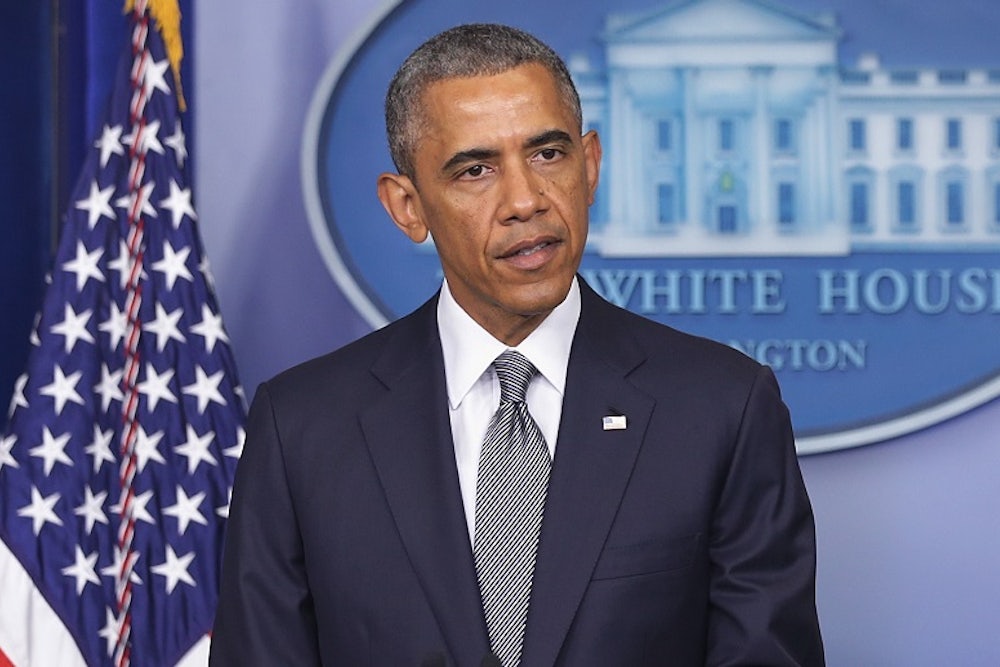It did not take Senator John McCain long to call for a strong response to the tragic crash of Malaysia Airlines Flight 17. Along with sending military aid to the Ukrainian army and moving missile defense systems into the Czech Republic and Poland, he wants to “impose the harshest possible sanctions on Vladimir Putin and Russia.” But despite McCain’s rhetoric, the U.S. has limited ability to cripple the Kremlin through economic sanctions—and stronger ones from Europe could lead to an economic disaster.
While McCain understandably wants to punish Russia for its support for the separatists that are allegedly behind the crash, the U.S. and Russia do not trade much with each other—less than $40 billion in 2013. Cutting off Russian firms from the U.S. financial system would be a more effective method of hurting the Russian economy, but it would become much stronger if done in conjunction with Europe.
European nations, on the other hand, are major trading partners with Russia. Steep sanctions from them could do real damage to the fragile Russian economy. But doing so is a double-edged sword since Europe depends on Russia for energy supplies. If they refuse to buy oil and natural gas from the state-run giants Rosneft and Gazprom respectively, it could cripple European economies, potentially sending the Eurozone into a recession.
“Since Europe is very dependent on Gazprom-exported gas for their heating and other basic energy needs, it’s going to be very hard, if not outright impossible, to see a sanction that directly impacts the export of natural gas from Russia into Europe,” says Doug Rediker, a visiting fellow at the Peterson Institute for International Economics. “When the president had his press conference with [German Chancellor] Angela Merkel several weeks ago, he specifically at that time noted that even at the height of the Cold War, we still allowed the export of energy from Russia—then the Soviet Union—to Europe.”
On Wednesday, the U.S. hit Russia with new sanctions, as The New Republic's Julia Ioffe explained. Those prevented U.S. firms from lending to two Russian banks, its largest independent gas producer, and Rosneft for longer than 90 days. Noticeably absent from the list was Gazprom. Those targeted sanctions may have a limited tangible effect on Russia, but Rediker argued that they could deter European banks from lending to the major energy companies as well. “You’re not going to extend euro-denominated loans to Rosneft even though they’re still permitted,” he said, “because you anticipate that they could be next and you don’t want to be stuck holding an asset on your books that is no longer a liquid asset.” In other words, if a European bank extends a loan to Rosneft and the E.U., then sanctions the Russian oil giant a week later, that bank will be stuck with the loan on its books, unable to trade it. European financial institutions may be unwilling to take that risk.
But U.S. sanctions will only act as a deterrent if Europe credibly threatens to impose sweeping sanctions on the Kremlin. If banks don’t believe that the E.U. would ever sanction Rosneft, then they won’t worry about extending euro-denominated loans to it, no matter what the U.S. does. It’s hard to see how Europe can make a credible threat, given the mutually assured economic destruction that would result. For that reason, financial markets have not reacted negatively to Thursday’s events. The S&P 500 and Dow Jones index are both up around a percent Friday.
“If what we’re observing is all that we get, then I think the economy fallout on the U.S. is very small,” said Mark Zandi, the chief economist at Moody’s. “I don’t think it’s significant. It’s showing up in a bit higher oil prices. Stock prices are down. This is very, very marginal in the grand scheme of things.”
